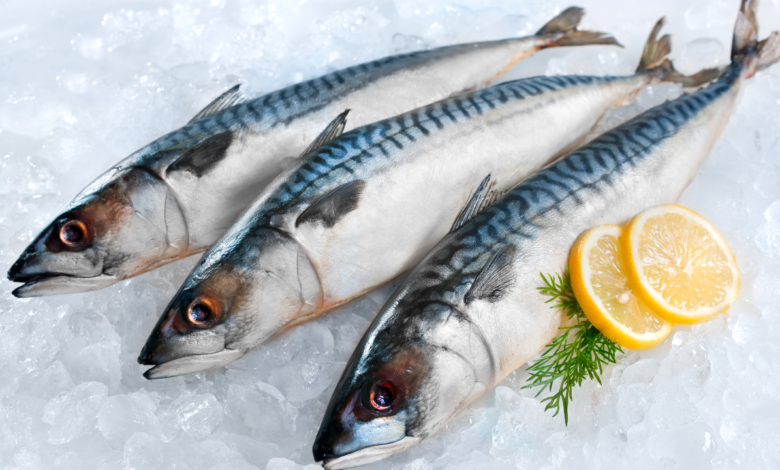Fish (salmon, tuna)

What is the role of Fish in HIV
Fish, particularly fatty fish like salmon and tuna, is a valuable addition to the diet of individuals living with HIV. It’s packed with essential nutrients, including omega-3 fatty acids, which can support overall health and well-being.
Which nutrients in Fish will be helpful for HIV patients
· Omega-3 Fatty Acids: These healthy fats help reduce inflammation, support heart health, and may boost brain function.
· Protein: Essential for building and repairing tissues, including the immune system.
· Vitamin D: Important for calcium absorption and bone health.
· Selenium: An antioxidant that helps protect cells from damage.
How much to consume Fish in one time
The optimal amount of fish consumption can vary depending on individual needs and overall dietary intake. However, incorporating two servings of fish into your weekly diet is generally recommended.
What is the daily requirement of Fish
There isn’t a specific daily requirement for fish. Aiming for two servings per week is a good guideline.
What are the benefits of Fish for hiv patients
· Reduced Inflammation: Omega-3 fatty acids help reduce inflammation, which can be beneficial for individuals with HIV.
· Heart Health: Omega-3 fatty acids help lower triglycerides and reduce the risk of heart disease.
· Brain Health: Omega-3 fatty acids support brain health and may help improve cognitive function.
· Stronger Immune System: The protein and vitamins in fish help support the immune system.
· Healthy Skin and Hair: The omega-3 fatty acids in fish can promote healthy skin and hair.
What are the side-effects of Fish in hiv if any
While fish is generally safe for most people, excessive consumption of certain types of fish, particularly those high in mercury, can be harmful. It’s important to choose fish that are low in mercury, such as salmon, tuna, and cod.
What is the best time to consume Fish
Fish can be consumed at any time of the day. It can be grilled, baked, or broiled.





